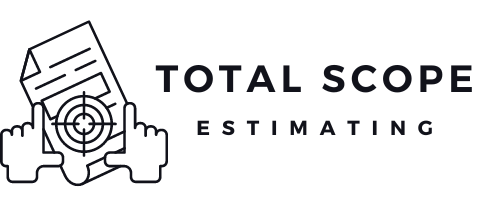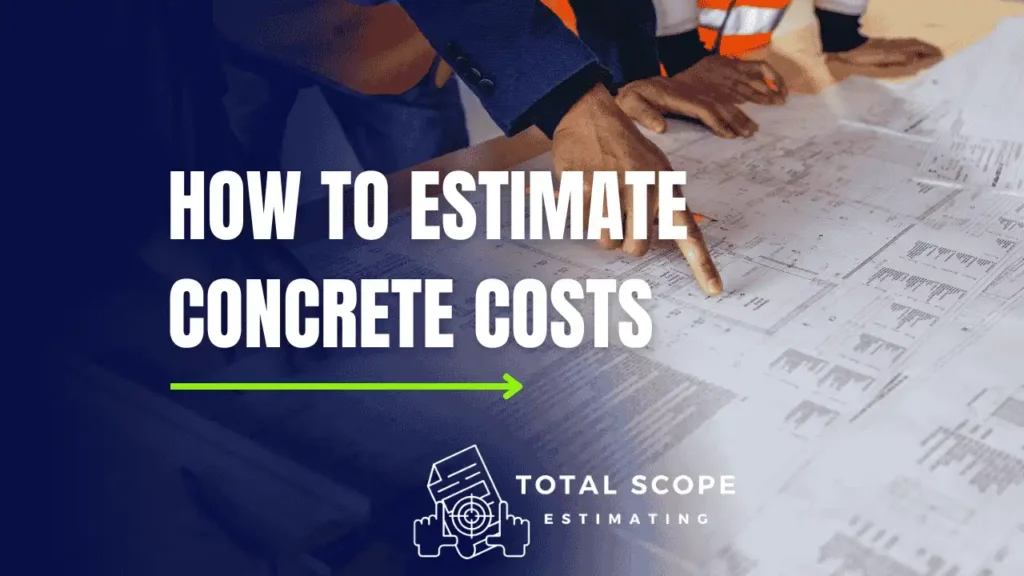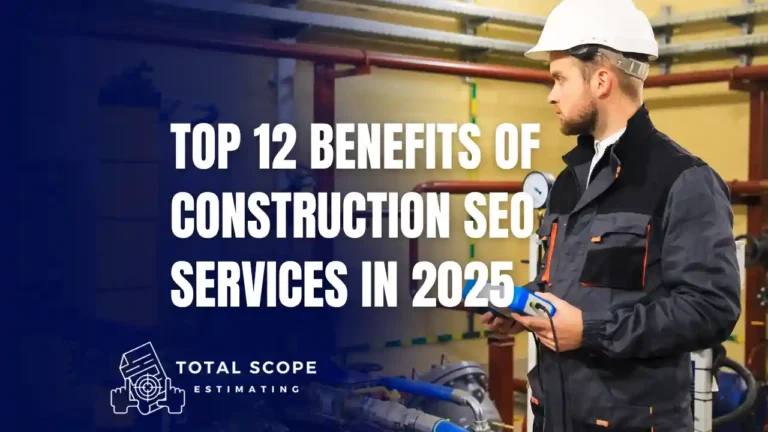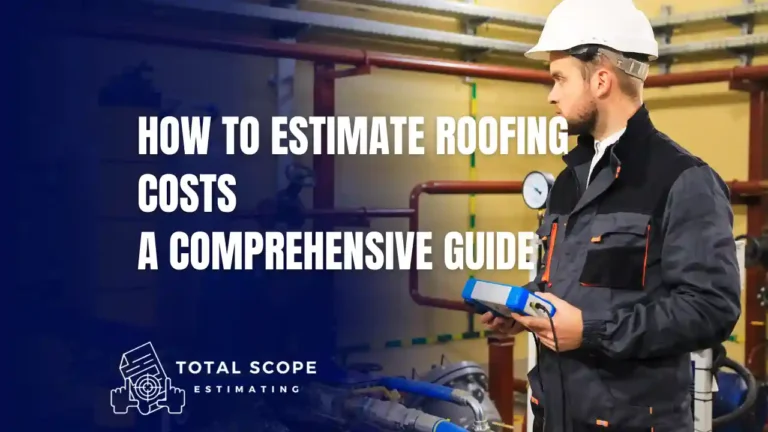In any construction project, estimating the concrete cost is an essential step. It doesn’t matter if you are working on a residential or commercial construction project; accurate concrete cost estimates are a strong setting stone for the project. The more precise the cost estimates are, the better the project feasibility. Accurate cost estimates ensure that your construction project stays within the budget and help you avoid costly surprises. Accurate concrete cost estimates require careful consideration of several factors. This article will discuss how to estimate concrete costs and all the necessary aspects of precise estimates.
Understanding Concrete Costs Estimation
Concrete cost estimation refers to calculating all the concrete expenses involved in the construction of any project till its completion. This includes the direct costs (material, labor, equipment, etc.) and the indirect costs (permits, fees, machinery mobilization, overheads, etc.). To gain an accurate concrete cost estimate, it’s crucial to comprehend all the aspects of the concrete cost estimate.
Key Factors in Concrete Costs Estimate
Several factors play an essential role in ensuring the accuracy and precision of a concrete cost estimate. They are described below:
1. Material Costs
The primary element of any concrete is a mixture compound of sand, gravel, cement, and water. The material costs of the concrete in the construction project depend upon the location, price, and mixture density according to the project. The material costs also vary, depending on the quantity used in the construction project. Don’t forget to add mesh and rebar to your estimate.
2. Labor Costs
Labor costs remarkably affect your concrete costs. These include the unskilled workers who will pour, mix, and prepare the concrete for the project and the skilled workers. The project size, intricacy, and weather conditions will further impact the labor costs.
3. Equipment Costs
Concrete costs include equipment used in the concrete work, such as mixers, pumps, and finishing tools. Rental or purchase costs should also be included in the concrete cost estimate. Don’t forget to add maintenance and upgrade costs to your concrete cost estimates.
4. Site Preparation Costs
Site preparation costs are an essential factor to consider in concrete cost estimates, as the surface beneath should be leveled equally before the concrete is poured. The site condition and the type of soil at the construction site are of prime importance as they determine whether there is a need for excavation, grading, or addition of some material before setting the foundation.
5. Waste and Overages
It’s crucial to consider the waste and overage costs for a concrete cost estimate. There is likely to be spillage, wastage, or some variations in the construction project. Ordering an extra 5-10% of concrete for any construction project is recommended.
6. Project Complexity
The project size and span also affect the concrete cost estimates. For example, if the construction project is large and has a more intricate and complex design, it requires more material and expertise to complete it in the desired design. This factor should be considered in the early estimation phases before starting the construction project.
Steps To Estimate Accurate Concrete Costs
1. Determine the Volume of Concrete Needed
Measure the dimensions of the area where you pour the concrete to calculate the required total volume. Use the formula Length x Width x Depth to determine the cubic yards or meters needed.
2. Gather Material Costs
Contact local suppliers to obtain the current prices of cement, sand, gravel, and additives. Multiply these costs by the volume required to calculate the total material cost.
3. Estimate Labor Costs
Consult with contractors or use industry-standard labor rates to estimate the total labor cost. Include any overtime, benefits, or additional charges for specialized work.
4. Include Equipment Costs
Determine the cost of renting or purchasing the necessary equipment. Don’t forget to factor in maintenance, transportation, and operator fees.
5. Factor in Site Preparation
Estimate the costs associated with site preparation, including excavation, grading, and form installation.
6. Add a Contingency for Waste
Include a contingency amount to cover potential waste and overages. This step helps to ensure that you have enough materials throughout the project.
7. Calculate the Total Estimate
Add up all the costs to arrive at the total concrete cost estimate. Review the estimate carefully to ensure all project aspects are accounted for.
Conclusion
Finally, you have learned how to how to estimate concrete costs and all the necessary stuff. Accurately estimating concrete costs is vital for successfully completing any construction project. To create a reliable estimate, consider all key factors and follow a step-by-step approach. This helps keep your project on track and within budget.
Always check your calculations and stay updated on market prices to avoid surprise expenses. Estimating costs carefully helps ensure a successful and cost-effective construction project. If you are an individual contractor or finding it difficult to estimate concrete costs, contact us at Total Scope Estimating.





